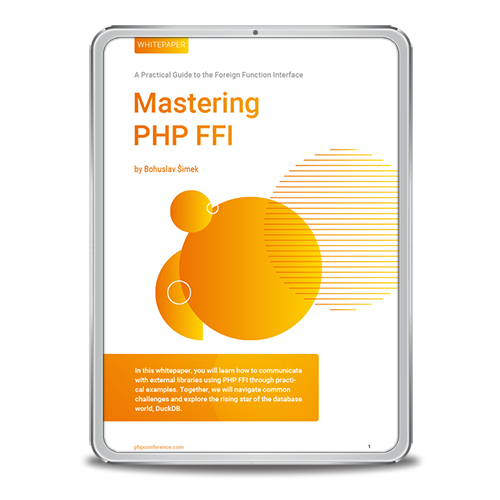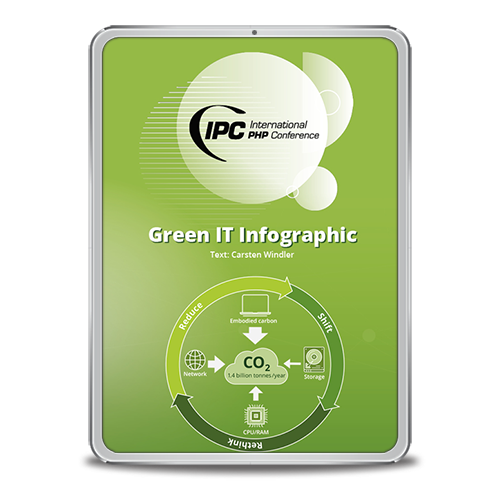We are living in an era where technology is achieving great efforts while giving customers the absolute best. If you want perfection, it is all about using the best resources and implementing the best features for your brand website. Node.js development is often talked about and commonly used to deliver the best class features to the site owners.
Node.js is basically a run-time environment to develop server-side applications. It’s actually a perfect answer to the I/O bound applications, Data Intensive Real-time Applications (DIRT), Data Streaming Applications, and JSON APIs based Application, as well as for Single Page Applications.
As this era is much more demanding about the web applications, Node.js is gaining huge popularity for its light weight and it is often embedded with the basic functionality of a web server to improve the speed of the web application. Because of Node.js, JavaScript is no longer restricted by any boundaries. It is perfect in other areas as well beyond back-end development, ranging from front-end development, desktop application, web server, embedded systems and databases.
Prominent features of Node.js
- Extremely fast – since it was built on Google Chrome’s V8 JavaScript Engine, the Node.js library has very fast code execution.
- Asynchronous and Event Driven I/O – all the APIs of Node.js library are asynchronous. This means that non-blocking allows Node.js server never has to wait for an API to return data. This helps Node.js’ speed.
- Single-thread mode – Node.js follows a single-threaded model with event looping.
- Highly Scalable – Node.js is highly scalable as the event mechanism helps the server respond in a smooth and non-blocking manner.
- No buffering – with Node.js, the overall processing time has been reduced while uploading audio and video files. The Node.js based applications do not buffer any data and showcase the output data in chunks.
- Open-source – Node.js has an active open source community. They have created an enormous number of modules to add additional features to the Node.js based applications.
Visit our IPC ’17 Sessions with a focus on Web Development
→ Self-hosted Continuous Integration for PHP Applications with GitLab
An assortment of Node.js frameworks
Choosing the right framework for a project is still considered to be a daunting task for any business or site owner looking to strengthen their web presence. It is essential to discuss the features and advantages of different frameworks associated with Node.js so that you can make an informed decision. Let’s take a look at the below list of best Node.js frameworks to choose from.
Derby.js: Derby is a MVC JavaScript framework that is ideal for real-time applications. It works best for both the client and server-side script.
- Derby’s server rendering allows for fast page loads, HTML templates rendering, and search engine support.
- The data-synchronization engine for Node.js allows for multi-site and real-time synchronization.
Mean.js: Mean.js is a feature-rich JavaScript framework used to create awesome web applications with the use of AngularJS. It’s similar in concept for the front-end and Node.js for back-end server.
- Mean stands for MongoDB, Express.js, Angular.js and Node.js.
- Grunt tools can be leveraged to enable automated testing. Mean.js and Mean.io are the two components of Mean stack.
- A good example of a popular mobile application used for shopping designed using Mean stack is Ziploop.
Express.JS: Initially developed in 2009, this lightweight framework is the reliable name in web application development to be used with Node.js framework. There is a large and active community online.
- With the help of this framework, you can easily create pure Node.js applications with minimum lines of code.
- There is a small learning curve, which makes it a perfect choice for novice js developers.
Hapi.js: Hapi is distinguished as a Node.js powered framework that can easily combat over the limiting functionality of Express.
- Over the past few years, Hapi has managed to create a niche of its own in the realm of web application frameworks.
- Instead of writing fresh codes, this framework has the ability of managing tasks via configuration most of the times.
Sails.js: Sails.js is a well-known Node.js framework that is best used for offering quality services to enterprise-wide systems.
- Sails proffers similar architecture like that of Ruby on Rails, along with an added advantage to give more scope to creativity and data-focused advanced app development.
- This framework is extremely useful in creating real-time chat based applications so they can easily work with other tools at the same time.
- Sails.js framework can easily run on any database and it is quite responsive towards front-end.
Koa.js: Introduced in 2013, Koa makes the process of writing web applications and REST APIs enjoyable and easy go with the use of generators.
- This efficient framework is a much more precise and powerful version of Express.js.
- It is helpful in developing web applications and dynamic REST APIs with excellent features.
- Generators help developers mitigate errors easily through reducing the use of callbacks.
Meteor.js: Meteor.js successfully stands as a reliable name in the world of frameworks.
- Backed by a huge active community, tutorials, custom packages and documentation, Meteor.js lets you create remarkable web and mobile applications that are strictly based on JavaScript.
- This framework configures an open-source structure to offer an extensive support to Windows, Linux and OS X.
- You can easily write both the server and client section of the application in JavaScript.
- The best part about Meteor is that it is compatible with a programming model that allows the development of real-time applications with minimal JS coding.
Socket.io: Socket.io is a Node.js server framework that is best known for building real-time web based applications.
- Being a JavaScript library, it allows event-driven and bidirectional communication between web clients and server.
- It also acts as a client-side library running in the browser and as a server-side library for node.js.
- This framework allows real-time concurrency for document collaboration and data exchange.
- Some of the key features include instant messaging, asynchronous (I/O) processing, binary streaming, etc.
Conclusion
Choosing a framework is a difficult task, made even more complicated by the crowded field of options. These listed frameworks are only the tip of the iceberg, but they are certainly a good start in helping you decide on whatever framework you need to use. Node.js has so many options; I hope you can find the most efficient and practical framework for your project.
IPC ’17 is also about Web Architecture
→ Templating in 2017 – you’re still doing it wrong




